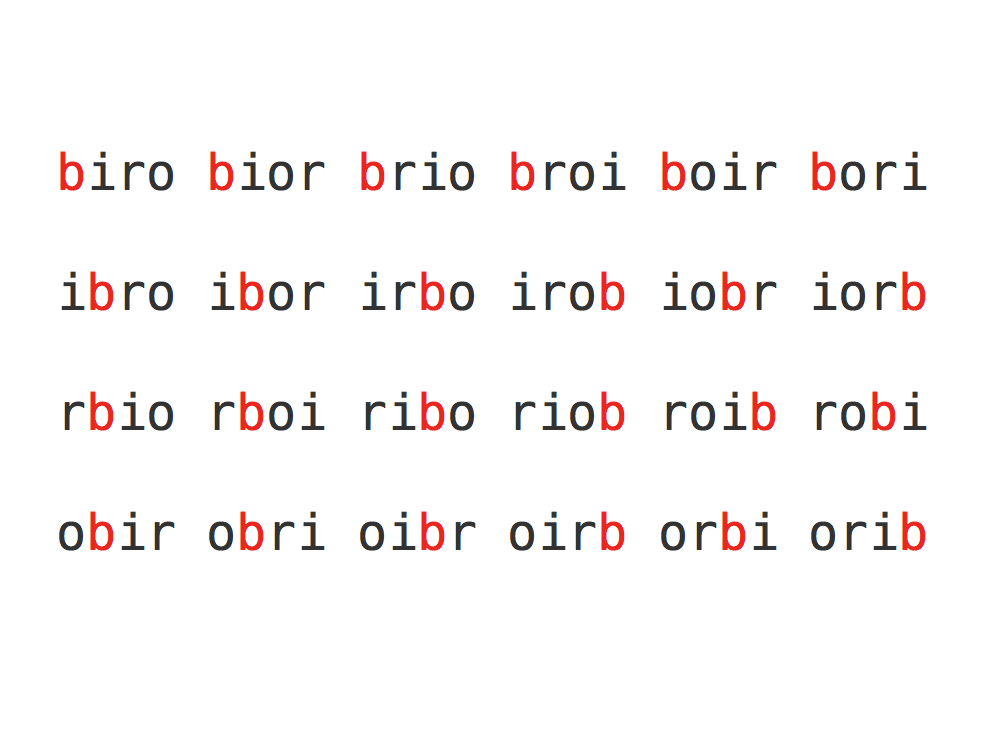Reading F#
A tweet about some C# code rewritten in F# got me interested yesterday.
If you know a little F# it’s easy get sucked into thinking that having much fewer lines of code, and less noise generally makes F# code automatically better, cleaner, easier to read than C#. But, of course, that’s only true for people who know enough F# to read it.
When I see very smart C# devs unable to decipher what the F# code is doing, that gets me very interested.






